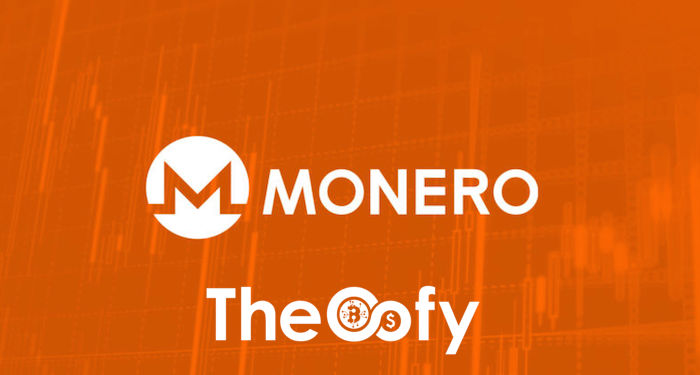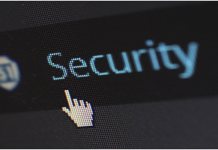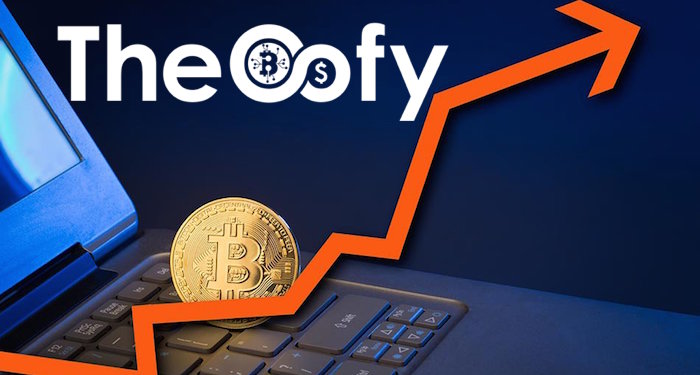
According to a paper published by Monero Outreach group, Monero is designed to help protect the rights and freedom of people. The paper titled “Preserving the Fundamental Right to Privacy For All” is written by Jack M, who, through the blog post describes the experience of Barrett Brown who is illustrated as a journalist that “caught the ire of US Federal Authorities.”
Brown was indicted after a shared link that was part of his Project PM led to shared data from Stratfor. Stratfor is a private intelligence company based in Austin, Texas that allegedly was paid by corporations to spy on activists. Brown was likely to face up to 45 years in a federal prison. However, the sentence was reduced to 63 months.
Table of Contents
Investigative report
Brown created Project PM that was aimed at investigating the world of private intelligence and was a member of the hacktivist group Anonymous. The Project PM, according to The Daily Dot’s report, had discovered multiple illegal surveillance campaigns and “Romas/COIN” was one of them.
The report described Romas/COIN as, “a sophisticated campaign of mass surveillance and data mining targeted at Arab countries, which was unveiled in an exclusive Project PM report during 2011. The report was picked up by Raw Story and one other outlet and it resulted in an article by Brown in the Guardian and a segment on Russia Today featuring confirmatory comments from Lt. Col. Anthony Shaffer. But otherwise, it didn’t get much traction.
Most striking was the revelation that companies like Apple and Google were team partners in this effort. While its exact nature and scope are unknown, mobile phone applications were believed to constitute a major component of the program. The contract for Romas/COIN was set to be replaced by a successor, codenamed Odyssey, which is quite possibly being used today to monitor, deceive, and manipulate whole populations.”
Jack M in his blog further continues to say, “When the courts sentenced him, most knew it was excessive. An organic movement, ‘Free Barrett Brown,’ started to raise funds to pay his attorney’s fees. The extensive court process and appeals, over a long stretch of time, would have left most people penniless. The organization only wanted to ease Brown’s financial pain caused by a court that clearly had it out for him.
Guilty as charged—hefty fines
Slapped with a hefty prison sentence and an $800,000 fine for Stratfor, the plaintiff, Brown states:
“I will spend the rest of my life in a strange state of post-cyberpunk indentured servitude to an amoral private intelligence firm that’s perhaps best known for having spied on Bhopal activists on behalf of Dow Chemical. That the prosecution did not quite manage to articulate how I did any damage to this particular company did not seem to dissuade U.S. District Judge Sam A. Lindsay in this matter.’”
Digital rights activist and the founder of FreeBarrett, Kevin Gallagher weighs in on the issue by writing, “Hundreds of persons donated to Barrett’s defense, not just through WePay, but also PayPal or through checks in the mail or during a benefit event. Journalists wrote about what was happening to him. Designers and artists created images, artwork, info-graphics, leaflets, even performed songs about his case. Many prominent people spoke out, as did several non-profits, digital rights and press freedom groups. The judge Sam Lindsay received one hundred letters requesting leniency.
Could all these be considered targets?
Cloudflare did the right thing in providing notice to Sebastiaan Provost, whose account there was subpoenaed over the Project PM Domain name, giving him an opportunity to intervene and quash.
“I never had such an opportunity. I am pursuing this because I believe that financial donations to any cause, political or otherwise, are protected speech and free association. I think that supporters and donors to those who are jailed or under indictment are outside the scope of any legitimate criminal investigation; their identities essentially sacrosanct.”
Final thoughts
Monero supporters claim that the reason why the coin protects rights of individuals is the fact that it enables them to donate anonymously to activists or controversial figures that the government is targeting or prosecuting. This can be attributed to Monero’s peer-to-peer and decentralized nature that hides identities of those making the donations. Therefore, the government cannot be able to trace the supporters who donated to such controversial figures.






























